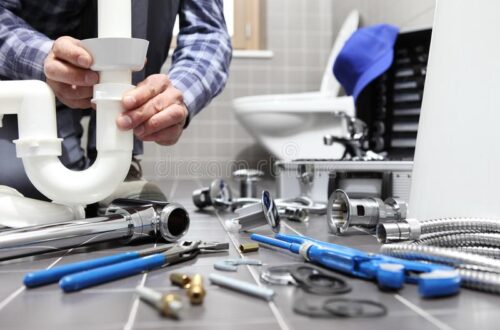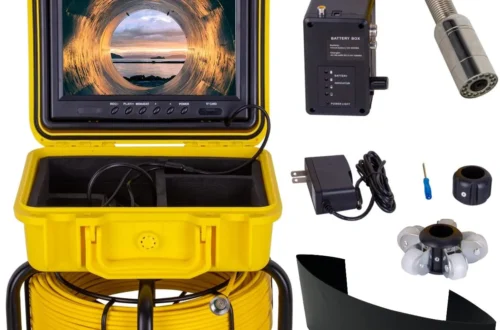Providing plumbing services can be a lucrative and essential business, as plumbing issues are common in both residential and commercial properties. If you’re interested in starting or expanding a plumbing services business, here are some key steps and considerations:
- Legal and Licensing Requirements:
- Research the legal requirements for starting a plumbing business in your area. This often includes obtaining the necessary licenses and permits.
- Ensure that your plumbers are properly licensed and certified, as this is a requirement in many regions to perform plumbing work.
- Business Plan:
- Create a detailed business plan outlining your business goals, target market, pricing structure, and financial projections.
- Identify your niche within the plumbing industry, such as residential, commercial, or specialized services (e.g., HVAC plumbing, pipe repair, or emergency plumbing).
- Insurance:
- Obtain the appropriate insurance coverage, including liability insurance, to protect your business and clients in case of accidents or property damage.
- Equipment and Supplies:
- Invest in high-quality plumbing tools and equipment, including pipe wrenches, pipe cutters, sewer cameras, and more.
- Maintain a well-stocked inventory of plumbing supplies such as pipes, fittings, seals, and fixtures.
- Hiring and Training:
- Hire experienced and certified plumbers who are knowledgeable about local plumbing codes and regulations.
- Provide ongoing training to keep your team updated on the latest plumbing techniques and technologies.
- Marketing and Branding:
- Create a professional brand identity, including a memorable logo and business name.
- Develop a marketing plan that includes online and offline strategies to reach your target audience.
- Build a user-friendly website that showcases your services, contact information, and customer testimonials.
- Customer Service:
- Prioritize excellent customer service. Respond promptly to inquiries, arrive on time for appointments, and ensure your team is courteous and respectful.
- Consider offering emergency plumbing services with 24/7 availability to address urgent issues.
- Pricing Structure:
- Establish competitive and transparent pricing for your plumbing services. Provide written estimates to clients before starting any work.
- Consider offering maintenance plans or service contracts for recurring revenue.
- Billing and Invoicing:
- Implement a reliable billing and invoicing system to track jobs, payments, and expenses.
- Accept various payment methods, including credit cards and electronic payments.
- Quality Workmanship:
- Focus on delivering high-quality work to build a strong reputation and gain word-of-mouth referrals.
- Offer warranties or guarantees on your plumbing services to instill confidence in your clients.
- Safety and Compliance:
- Ensure that your plumbers follow safety protocols and adhere to plumbing codes and regulations.
- Stay updated on industry standards and changes in plumbing technology.
- Networking:
- Build relationships with other professionals in related industries, such as contractors, real estate agents, and property managers, to generate referrals.
Starting and growing a plumbing services business can be highly rewarding, but it requires careful planning, dedication to quality, and a commitment to customer satisfaction. As you establish your business, focus on providing reliable and trustworthy plumbing solutions to build a loyal customer base.





